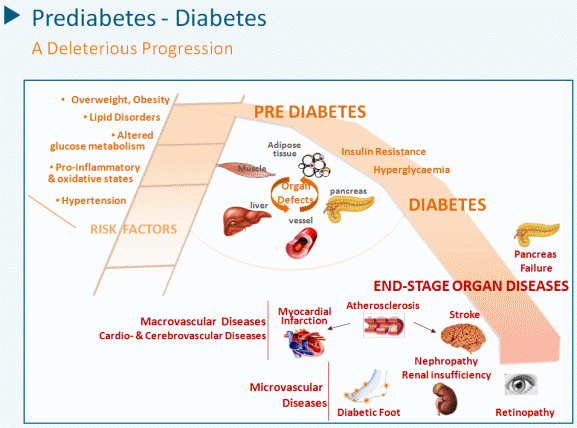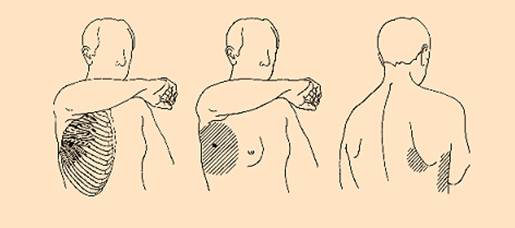“Most of us are familiar with the concept
of fasting, thank to detox programmes that consist of little more than water
and, if you’re lucky, some steamed veg. By severely restricting the calories
you eat, these diets help you lose weight and inches in days. But scientists
from the National Institute on Aging in Baltimore now believe not only can help
protect your brain from degenerative illnesses. By studying rats given
calories-restricted diets every other day. Professor Mark Mattson, head of the
Institute’s laboratory of neurosciences, found that periods of stopping
virtually all food intake for one or two days a week protected the brain
against some of the worst effects of Aizheimer’s, Parkinson’s and other
ailments.

Fruits and vegetables are a key part of
calorie-restricted diets, which may increase longevity
In the studies, the protective benefits
were triggered by cutting daily food intake to around 500 calories – the equivalent
of a few vegetables and some tea – for two days out of seven, rather than by a
continuous low-calorie diet. On the other five days, the subjects could eat
what they wanted.
Why might this binge and starve pattern
have such beneficial effects on our brains? The scientists don’t know for sure,
but Mattson and his colleagues think it has something to do with the growth of
neurons in the brain, which could be affected by a lack of energy. They
hypothesise that two messaging chemicals, which play an important role in
stimulating the growth of neurons, are boosted when calories are reduced. In
turn, this could counteract the impact of Aizheimer’s and Parkinson’s.
Restricting the number of calories you
consume has other benefits, too. Research cardiologists at the Intermountain
Medical Center’s Heart Institute, Utah, found fasting for 24 hours just once
lowered the risk of coronary artery disease and diabetes and also caused
positive changes in blood cholesterol levels of the 30 patients studied. These
changes included raised levels of good cholesterol, allowing the body to use
fat as a source of fuel instead of glucose, reducing the number of fat cells in
the body and cutting the risk of insulin resistance.

But before you’re tempted to try a regular
fast, be warned. Anyone with long-term health conditions, including prediabetes
and diabetes, should never fast. And even for the well, severely restricting
your calorie intake on a regular basis can have negative health implications,
including dehydration, exhaustion and nutrient deficiencies. Remember, some
vitamins, including vitamin C, need to be replenished daily as they can’t be
stored in the body. There’s also the very real possibility that adhering to a
strict eating regime will lead to an eating disorder.
Slashing your calorie intake for two days
of every week is extreme and unnecessary. In a study carried out at
Intermountain, people who fasted regularly for 24 hours about once a month were
less likely to be diagnosed with diabetes or coronary artery disease.
If you want to age healthily, the best
solution isn’t an extreme diet but following a simple, healthy lifestyle,
including a diet high in nutrient-dense, predominantly plant-based wholefoods
and low in calorie-dense refined foods and sugar. You also need daily physical
activity, regular rest, relaxation and laughter, at least seven hours’ sleep
most nights, meaningful activities that give you purpose, and healthy
relationships. When it comes to caring for our bodies and minds into old age,
there’s no magic bullet.”
Dr Mark Atkinson is a medical doctor,
lifestyle medicine expert and author of True Happiness (Piatkus, $23). For a
consultation or to attend his workouts, visit drmarkatkinson.com.
Q + A
I have a painful lump in my armpit.
I’ve been working out a lot lately, could I have strained a muscle or is it
something more serious?

If you have strained a muscle in your
armpit area, you might notice heat and inflammation in the area for up to 48
hours. Your sweat glands will be working hard to cool you down if you’re
exercising more frequently, too. You could have a blocked sweat gland or
infection in your armpit. Your doctor can identify the cause and prescribe
antibiotics if there is an infection. When you train hard your immune system
can become weakened. If you have cold symptoms as well, the lymph glands in
your under arms will be filtering and eliminating toxins from your body and so
will feel tender to the touch. If you’re concered, don’t assume the worst;
visit your doctor for peace of mind.